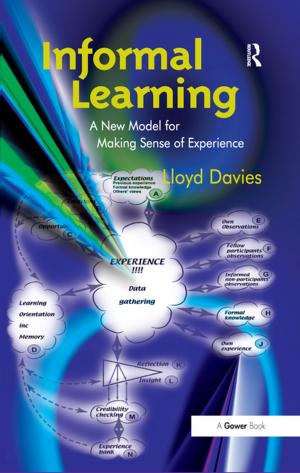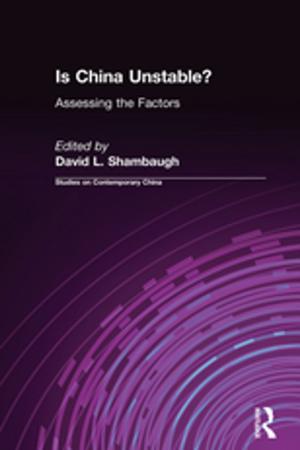Dante and Epicurus
A Dualistic Vision of Secular and Spiritual Fulfilment
Fiction & Literature, Literary Theory & Criticism| Author: | George Corbett | ISBN: | 9781351191692 |
| Publisher: | Taylor and Francis | Publication: | December 2, 2017 |
| Imprint: | Routledge | Language: | English |
| Author: | George Corbett |
| ISBN: | 9781351191692 |
| Publisher: | Taylor and Francis |
| Publication: | December 2, 2017 |
| Imprint: | Routledge |
| Language: | English |
"Dante and Epicurus seem poles apart. Dante, a committed Christian, depicted in the Commedia a vision of the afterlife and God's divine justice. Epicurus, a pagan philosopher, taught that the soul is mortal and that all religion is vain superstition. And yet Epicurus is, for Dante, not only the quintessential heretic but an ethical ally. The key to this apparent paradox lies in the heterodox dualism - between man's two goals of secular felicity and spiritual beatitude - at the heart of Dante's ethical, political and theological thought. Corbett's full-length treatment of Dante's reception and polemical representation of Epicurus addresses a major gap in the scholarship. Furthermore the study's focus on fault lines in Dante's vision of the afterlife- where the theological tensions implicit in his dualism surface - opens a new way to read the Commedia as a whole in dualistic terms."
"Dante and Epicurus seem poles apart. Dante, a committed Christian, depicted in the Commedia a vision of the afterlife and God's divine justice. Epicurus, a pagan philosopher, taught that the soul is mortal and that all religion is vain superstition. And yet Epicurus is, for Dante, not only the quintessential heretic but an ethical ally. The key to this apparent paradox lies in the heterodox dualism - between man's two goals of secular felicity and spiritual beatitude - at the heart of Dante's ethical, political and theological thought. Corbett's full-length treatment of Dante's reception and polemical representation of Epicurus addresses a major gap in the scholarship. Furthermore the study's focus on fault lines in Dante's vision of the afterlife- where the theological tensions implicit in his dualism surface - opens a new way to read the Commedia as a whole in dualistic terms."















